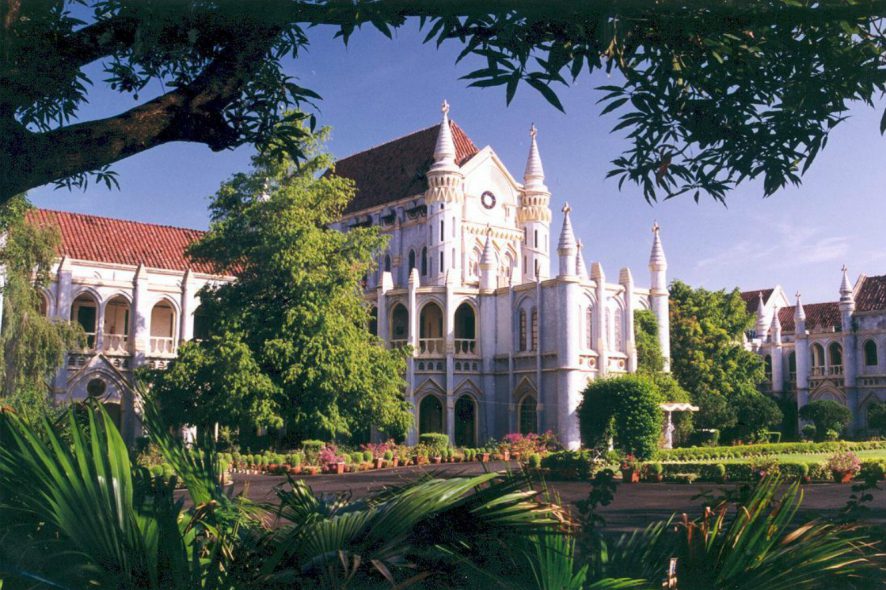Madhya Pradesh High Court: Subodh Abhyankar, J. dismissed a writ petition filed under Article 226 of the Constitution of India by the petitioners who were the ex-employees of the Union Carbide, Bhopal. The petition was filed against the order passed by the Sessions Judge, Bhopal, in the Criminal Appeals of 2010 against the order of conviction.
The petitioners were convicted under Sections 304-A, 336 and 34 IPC for Bhopal Gas Tragedy in 1984. The appeals for the said convictions are still pending with the Sessions Court. The main issue in the instant writ was that the petitioners’ sought directions to the Central Bureau of Investigation for production of case diary, the petitioner alleged that the investigation conducted by CBI was malafide, malicious and fraudulent.
Anirben Ray, Rajesh Sahani and Rajeev Mishra, counsels for the petitioners submitted that the truth was deliberately suppressed in the case and in fact, no investigation was carried out by the CBI and the charge sheet was drafted as per the directives of the Government of India without application of mind by the Investigating Officer, who had no knowledge or understanding of most of its contents. It was further submitted that under Section 172(3) of CrPC, case diary could not be summoned by the accused but the non-production of the same led to prejudice to the Fundamental Rights of the accused. It is submitted that for the proper disposal of the criminal appeals and for doing the justice, it was incumbent for the lower appellate court to call for the case diary and ascertain the truth which had been deliberately suppressed.
The Sessions Judge rejected the said contentions earlier in appeal on the ground that there was a clear bar under CrPC for the use of case diary but the same can be availed by the writ jurisdiction.
The counsel for the State, Vikram Singh, opposed the prayer of the petitioners and submitted that no interference in the impugned order was made out, as the aforesaid objection was never raised by the petitioners during the course of trial despite having ample opportunities to do so. It was submitted that the petitioners had refrained from raising aforesaid ground at the time when they had the opportunity to do the same and the application had been filed by the petitioners only to drag the matter before the Sessions Court. It was further submitted that there was a clear bar under Section 172(3) of CrPC for use of case diary by an accused.
The Court carefully observed that petitioners were represented by senior counsel during their trial as well as in appeal. It was rather intriguing as to what made these advocates who represented the petitioners not to file such application during the course of the trial despite having many opportunities and the fact that the trial itself took around 14 long years to conclude and as if it was not enough even the application for summoning the case diary had been filed by the petitioners after a period of six years after their appeal was filed against the judgment. It was held by the Court that “petitioners cannot cry foul at this stage of the proceedings and try to open a Pandora box in the name of their fundamental rights guaranteed under Articles 14 and 21 of the Constitution of India.” The Court further observed that the application filed by the petitioners was clearly filed with malafide intention to further prolong the criminal appeals which practice was deprecated. Court found that no error was committed by the Sessions Judge in rejecting the said application hence the writ petition was found to be devoid of merits. [S.P. Choudhary v. Union of India, 2019 SCC OnLine MP 1228, decided on 25-06-2019]






